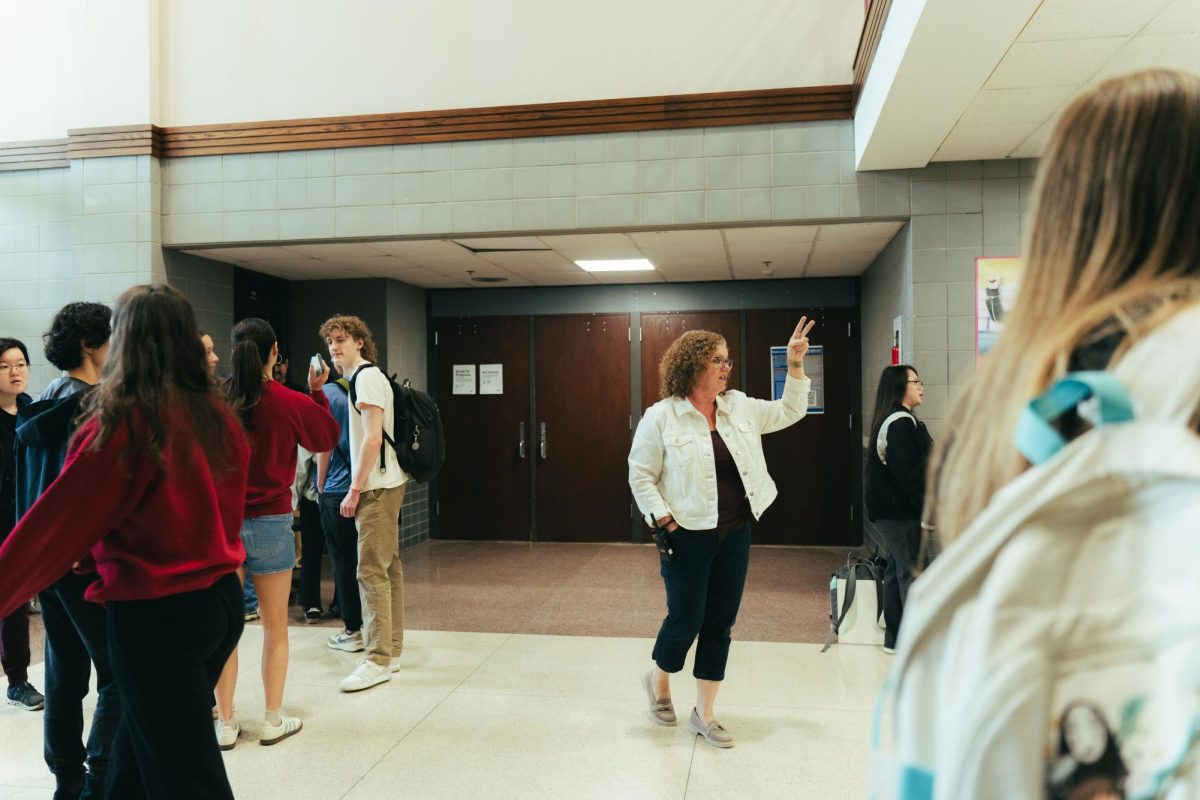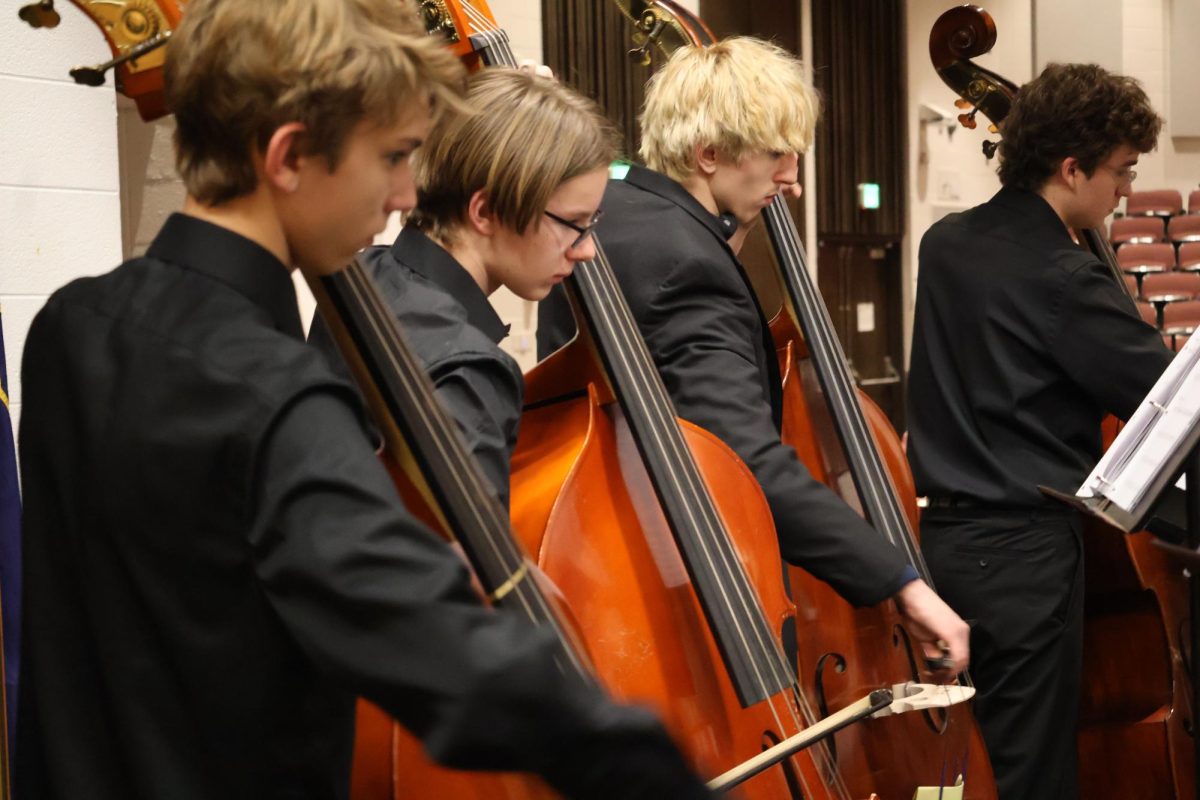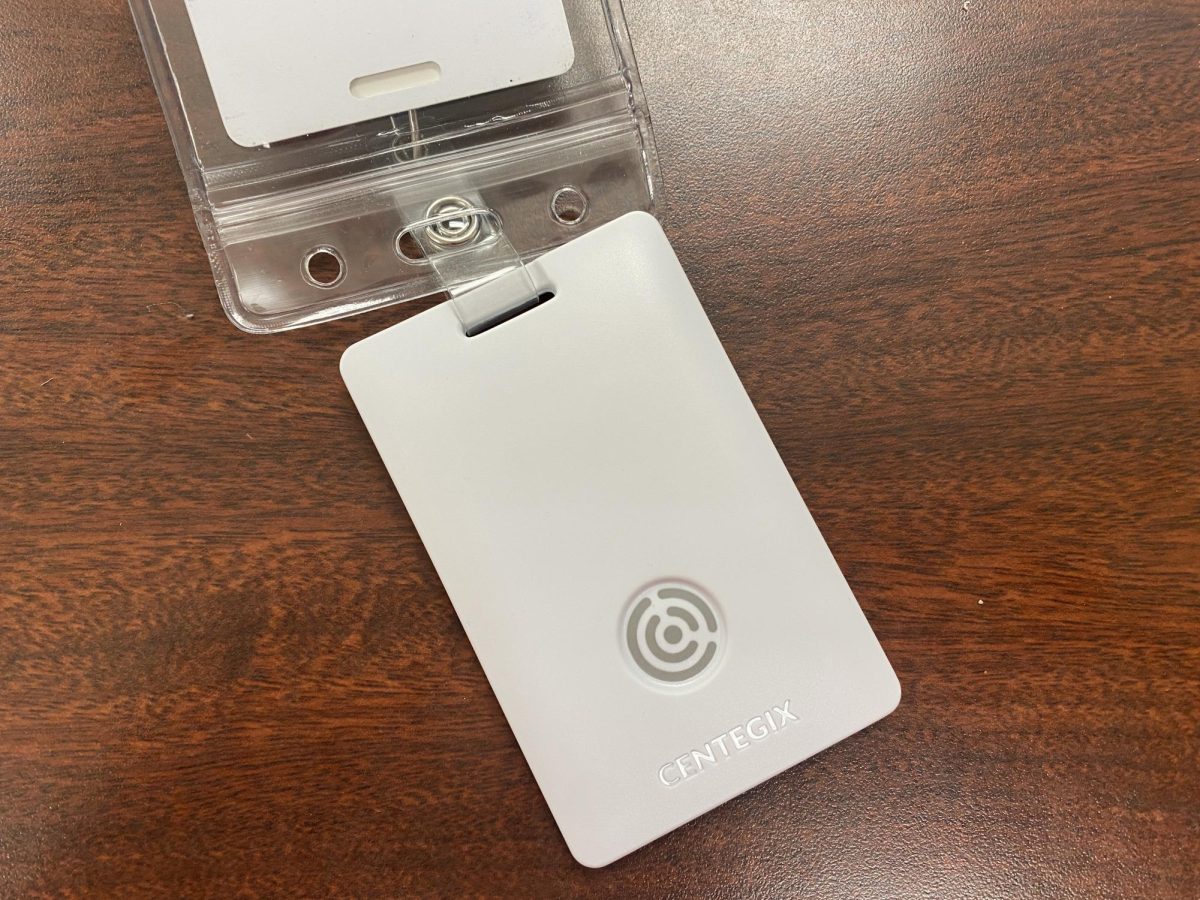Monroe County Community School Corporation (MCCSC) high school students taking Advanced Placement (AP) exams this year didn’t have to pay testing fees. Before this year, each exam incurred a $99 cost for students. Some exams are partially subsidized by the State of Indiana, reducing student cost to $10.
The 2023 MCCSC referendum, passed in November of that year, included funding for AP exam fees.
According to Jessica Willis, assistant principal at Bloomington High School North (BHSN), MCCSC decided to automatically register all students enrolled in AP classes for the exam, in order to increase the number of students who could benefit from the opportunities AP exams provide. She said in an interview that this also provides teachers of AP courses with more feedback about the curriculum.
While students had the option to unregister from the exams before the deadline that was in November 2024, the number of students who registered for an AP exam but didn’t take it nearly doubled compared to last year. This meant that MCCSC had to pay for the College Board’s $40 no-show fee for each of those students.
Anticipating student no-shows, Willis sent a message to families on May 1, reminding students to follow through on their exam commitments. She explained the financial aspect of a no-show and wrote, “Unfortunately, this is money wasted and ultimately reduces the resources available for future student opportunities.”
Willis said requiring students to cover the $40 fee was considered, but administrators ultimately decided against it since that wasn’t clearly communicated at the beginning of the school year.
Willis said that calculations for the dollar amount needed to cover AP exams included the no-show fee. This total value per exam registration was multiplied by the number of exam registrations from last year.
In 2024, according to Willis, 439 students held a total of 1,000 enrollments in an AP course, as recorded by the College Board’s AP Classroom platform. There were 775 exam registrations, and 64 were unused (i.e. no-shows).
This year, an equal number of students held 987 enrollments in AP courses, with 950 exam registrations, and as of May 16, 178 of those were unused.
Each of the 178 no-shows cost the district $139 — $99 for the exam and $40 for the no-show fee. That means at BHSN, $24,742 was spent on AP exams that weren’t taken.
Following MCCSC’s calculations, 775 AP exam registrations from 2024 multiplied by $139 equals $107,725, which is how much the district allocated for BHSN’s AP exam fees. The total cost for this year’s AP exams at BHSN, using the figures available on May 16, is $101,170.
An additional cause for the increase in unused exam registrations may be courses that offer both AP and dual credit. The AP program and dual credit through a higher education institution both allow students to earn college credit for higher-level courses. While AP courses require a passing exam score to earn credit at most colleges, dual credit guarantees credit upon course completion at participating institutions.
For example, AP Government and AP Microeconomics, both semester-length courses offered to seniors, were converted to dual credit courses in addition to their AP designation. Students who took the classes could collect college credit through respective dual credit programs, making the AP exam an unnecessary step for some. Those two AP exams had particularly high no-show percentages.
Willis also mentioned that when students have to pay for their exams, there is incentive to perform better.
“There was a little more ownership in being prepared,” she said. “Because you pay for it, you’re going to sit for it, you’re going to do your best for it.”
“But also at the same time,” she continued, “those [AP] scores also … set the stage for National Merit recognition, AP Scholar recognition, [etc.] And so then all of those things lead to college opportunities, … scholarships, et cetera. So there is that balance.”
Willis believes that in the future, students should not be automatically registered for AP exams in classes that are also dual credit.
Additionally, for the third and final year, students who score a 3 or higher on AP math, English, and science exams will earn $100 from the University of Notre Dame’s Advanced Placement Teacher Investment Program (AP-TIP). This arrangement ends this year, and Willis said she does not expect the program to continue next year.








